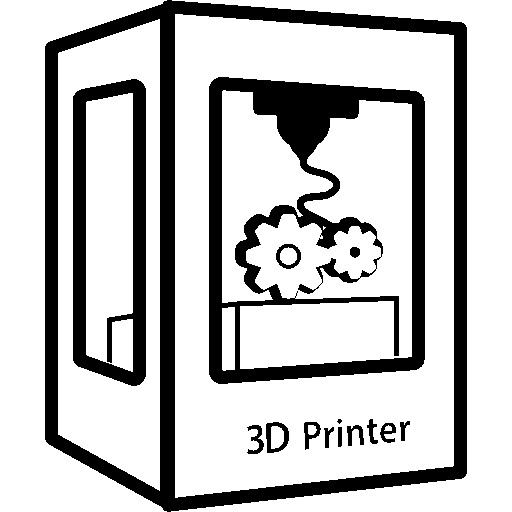Well, not really sunglasses, but rather clip-on shades for my 3D-printed glasses
But here’s the thing: they’re FULLY 3D-printed. The “lenses” are in fact the finest and thinnest mesh I could print with our printer - basically one 0.1mm layer of 0.4mm lines spaced 0.4mm running horizontally, and an identical layer of lines running vertically right on top of it.
Is it perfect? No. The image through it is kind of “pixelated” But it’s surprisingly acceptable. It looks like this when looking through them:
![]()
In real-life, it’s quite a bit darker than this. But the photo shows fairly accurately how it looks like seeing through them.
It works because the mesh is very close to the eyes and totally out of focus. And although it’s not optical-grade, the price is unbeatable 🙂
If you want to try printing it yourself, the model is here. It’s meant to be printed with a 0.4mm nozzle and a 0.1mm layer height - including the first one.
Double-check how the slicer slices the first two layers, where the mesh lives, because it easily tends to “simplify” the lines by not printing them, which is obviously not what you want.
EDIT: as others have pointed out in this thread, don’t use these shades as actual sunglasses without sticking some UV filter over the mesh on the inside. They’re not eye-safe as-is. I made them more for the challenge of making them than anything else.


Aye, this is the exact problem that early sunglasses that didn’t block UV light had. Wear ones that offer UV protection! https://www.aao.org/eye-health/tips-prevention/sun https://www.aao.org/newsroom/news-releases/detail/seven-myths-about-sunglasses-could-damage-vision
Idk anything about 3D-printing, just came in from the main page to give a heads up. But maybe these could be fitted with UV filtering foil or even lenses? They make thin ones you can cut to shape (I have clip ons like that).
You could definitely do a UV layer just stuck on the inside with an adhesive, but I get the feeling that OP likes the idea of them being “totally” 3D printed
Indeed, it was for the challenge. Modeling this is surprisingly CPU-intensive and printing it is a bit finicky to get right.